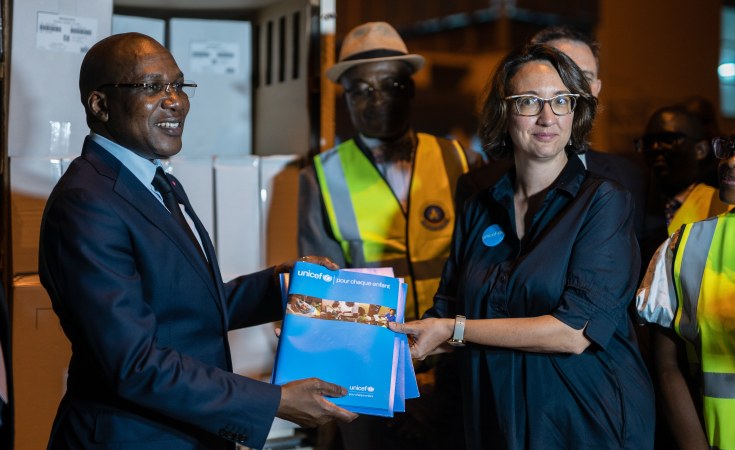The World Health Organization's World Malaria Report 2023, released this month, paints a concerning picture of the global state of malaria in 2022. Despite continued efforts, malaria remains a significant public health challenge, with both malaria incidence and mortality higher now than they were before the start of the COVID-19 pandemic. This scenario is exacerbated by the growing impact of climate change, which, alongside other challenges, threatens to reverse progress in the fight against the disease.
Compared to 2021, the report indicates an increase in global malaria cases, which rose to approximately 249 million in 2022. Global deaths from the disease were estimated at 608,000, a nearly 6% increase since 2019. Particularly alarming is the continued high burden of the disease in Africa. The African region disproportionally bore the brunt of the malaria burden in 2022, accounting for 94% of global malaria cases and 95% of all malaria deaths. About 78% of these deaths occurred in children under the age of five. Uganda, where I live and work, is part of a group of five countries, including Ethiopia, Nigeria, Pakistan and Papua New Guinea, identified by the report as collectively accounting for a majority of the increase in global malaria cases.
This year's report places a special focus on climate change as a critical factor threatening progress in the fight against malaria. Climate-related disruptions, such as extreme weather events, have exacerbated the spread of the disease. For instance, the 2022 floods in Pakistan led to an increase of over 2 million malaria cases, highlighting how climate change can directly influence malaria transmission. Another notable example is the expansion of malaria into African highlands, regions previously less affected due to their cooler climate. Such shifts underscore how climate change can impact the dynamics of malaria transmission and further complicate efforts to control and eliminate the disease.
Alongside climate change, other challenges are threatening efforts to fight malaria. Growing resistance to available control tools, such as insecticides and antimalarial drugs, remains an increasing concern. The report also highlights the threat posed by the emergence and spread of the Anopheles stephensi mosquito in East Africa, a species particularly adept at breeding in urban settings and highly resistant to insecticides. These factors, coupled with health system challenges and a significant funding gap -- which reached US$3.7 billion in 2022 -- paint a picture of a battle against malaria that is becoming increasingly complex.
Overall, despite sustained efforts, the world remains off track to meet the targets of the WHO Global Technical Strategy for Malaria 2016-2030. In 2022, there were over 58 malaria cases for every 1,000 people at risk, more than double the target rate. Similarly, the global malaria mortality rate stood at around 14 deaths per 100,000 people at risk, which is over twice the target of just under 7.
Despite these challenges, there have also been achievements. Recent progress includes the launch of the first malaria vaccine, RTS,S/AS01, and the endorsement by WHO of a second vaccine, R21/Matrix-M. Additionally, the deployment of new dual-active ingredient insecticide-treated nets and expanded malaria prevention for high-risk children have been crucial advancements offering new avenues for combating the disease.
The report underscores that the path towards malaria elimination will require a comprehensive and integrated approach. This means significantly ramping up both financing and political commitment to support the fight against the disease. It will also mean using data strategically and harnessing innovation to develop new malaria control tools that can complement existing interventions and address growing challenges. To make headway, the report recommends that innovation focus on the development of more efficient and affordable products that are less susceptible to changes in temperature.
As noted by WHO Regional Director for Africa Dr Matshidiso Moeti: "To forge ahead toward a malaria-free future, we need a concerted effort to tackle these diverse threats that fosters innovation, resource mobilization and collaborative strategies."
The fight against malaria, especially in the context of climate change, demands a renewed commitment to developing new and improved tools, strategically enhance intervention strategies, actively boost funding, and advance research. Now, more than ever, is the time to unite against malaria, with a heightened focus on innovation and collaboration, in Africa and across the globe.


